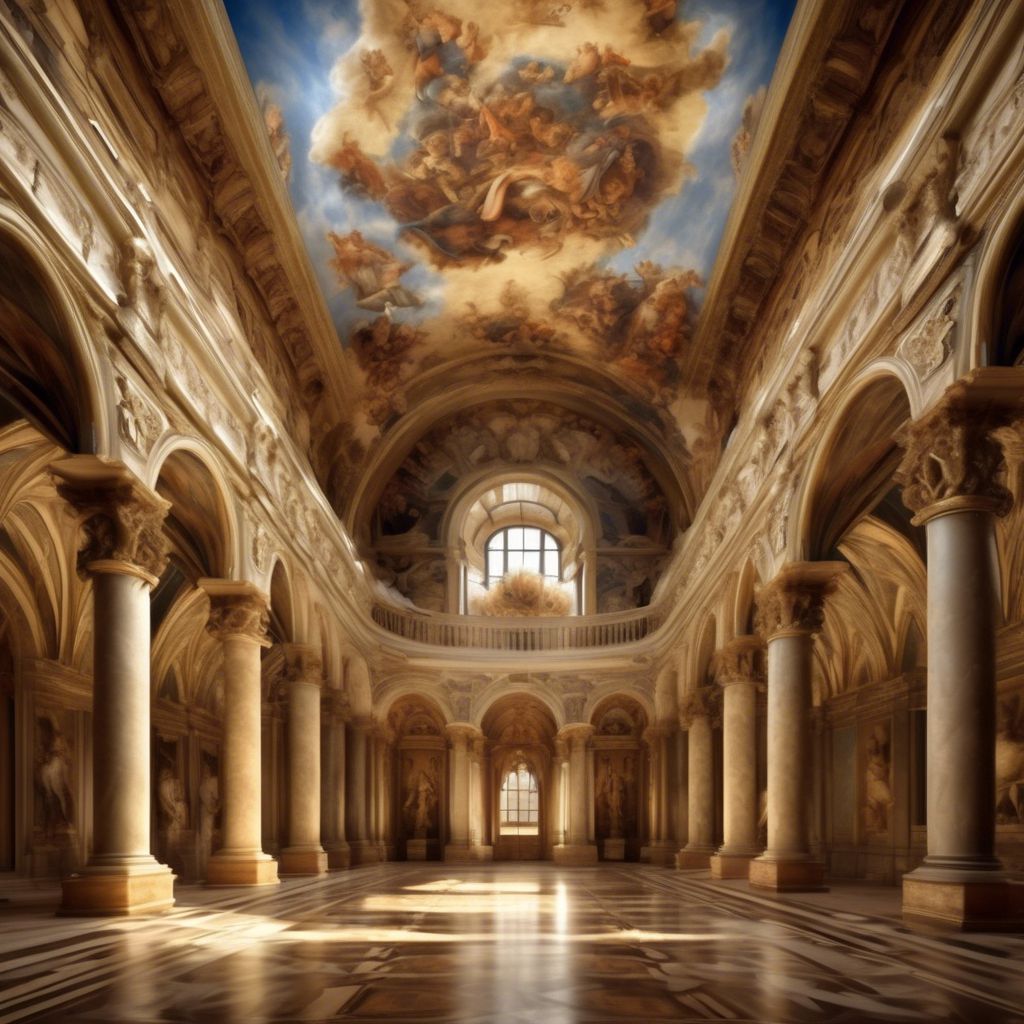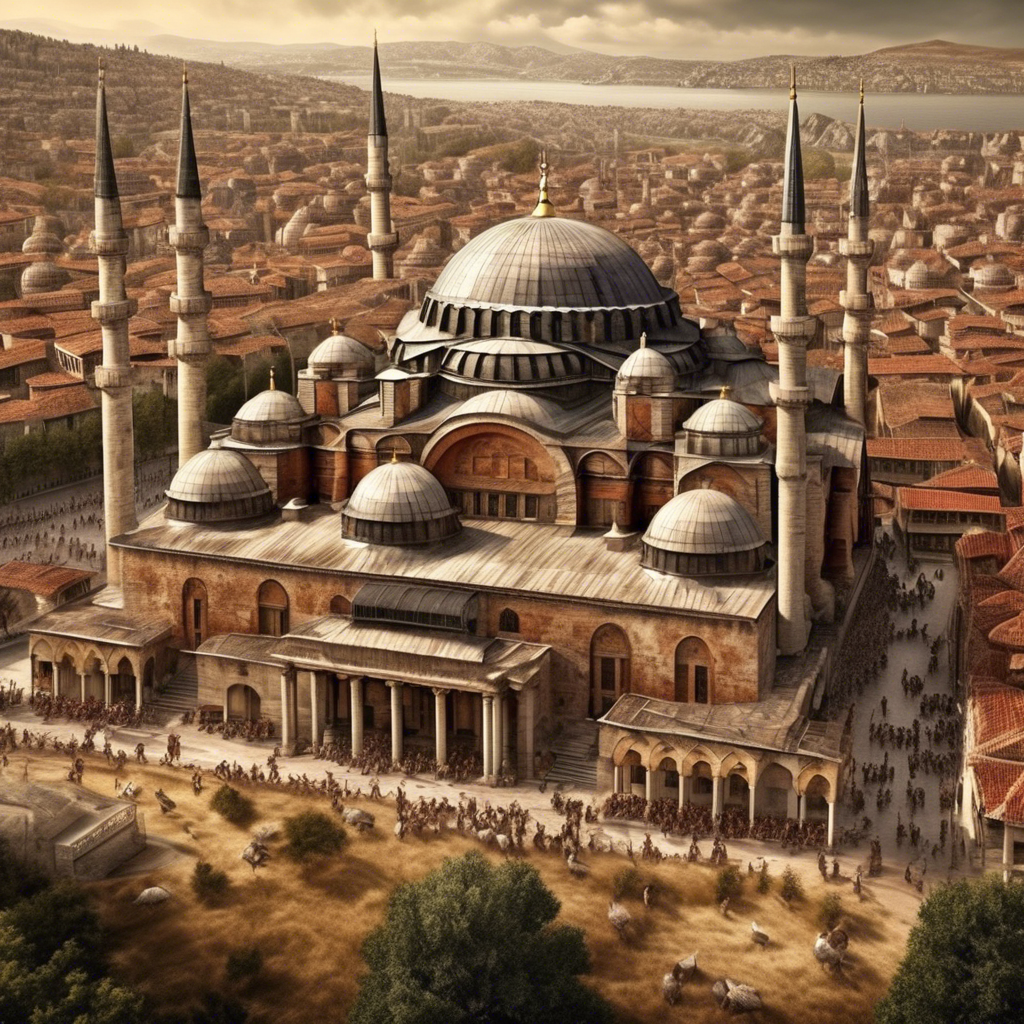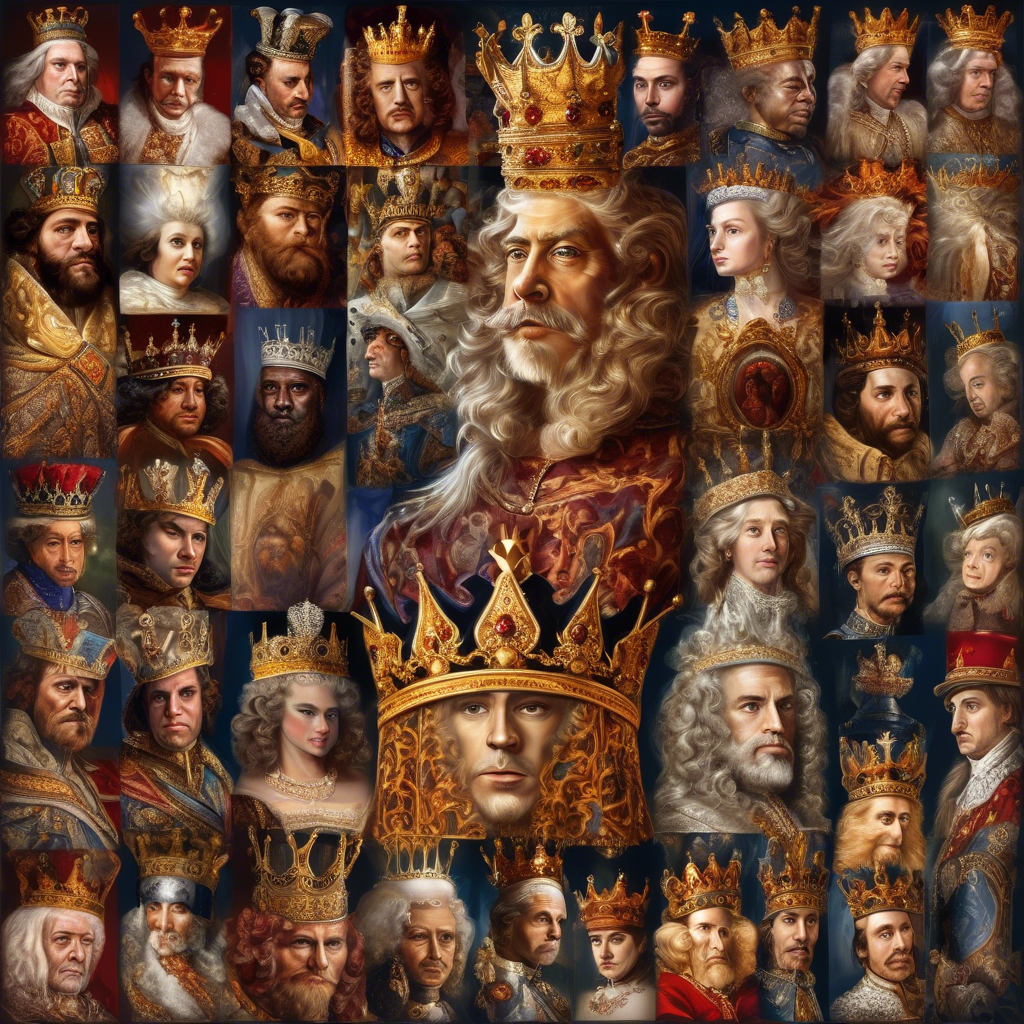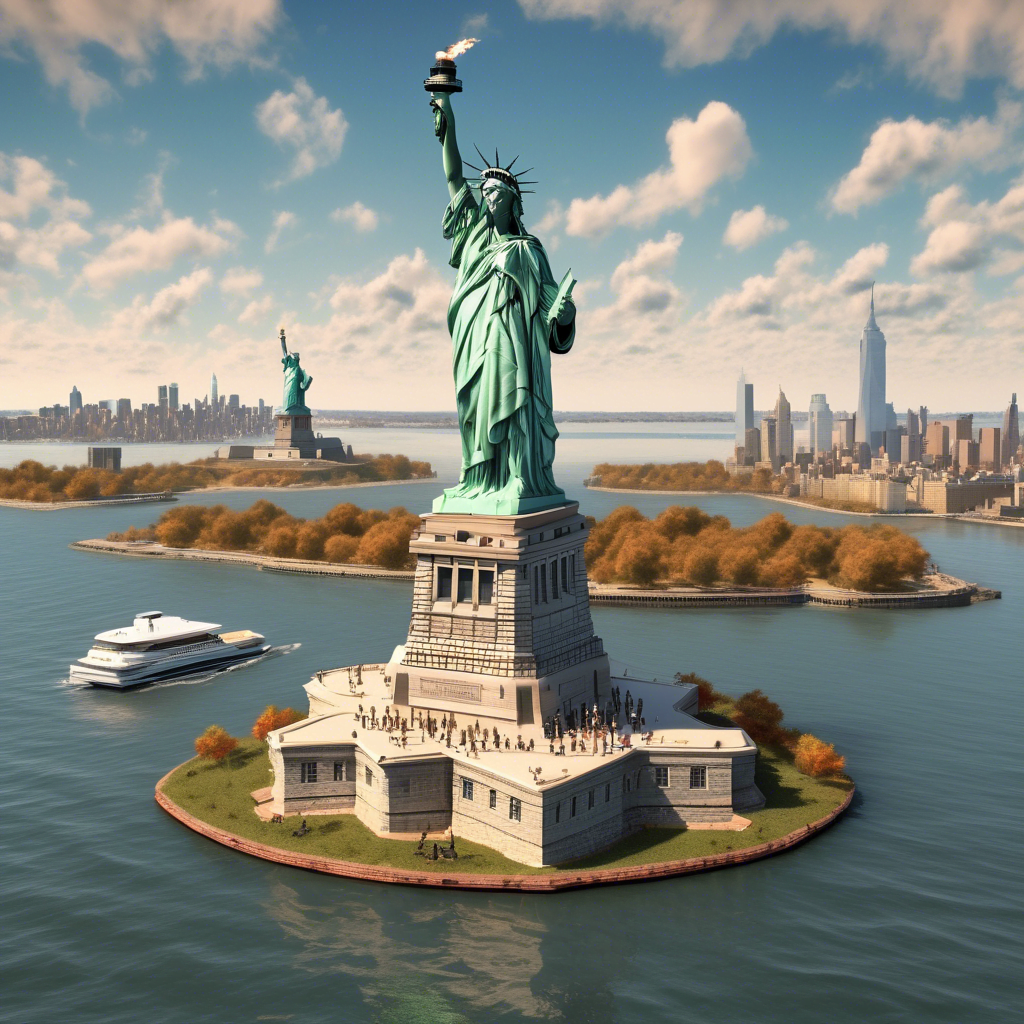
The Renaissance era, also known as the “rebirth,” was a period in European history that spanned from the 14th to the 17th centuries. It was a time of great cultural, artistic, and intellectual growth that had a profound impact on the way people lived and thought. The discovery of the Renaissance era can be traced back to Italy in the 14th century, where artists, scholars, and thinkers sought to revive the classical traditions of ancient Rome and Greece.
The Renaissance was a time of immense creativity and innovation. Artists such as Leonardo da Vinci, Michelangelo, and Raphael created masterpieces that still resonate with us today. Writers like William Shakespeare and Dante Alighieri produced timeless works that continue to be studied and celebrated. Scientists such as Galileo Galilei and Nicolaus Copernicus revolutionized our understanding of the universe. The impact of these individuals and their work cannot be overstated.
One of the key features of the Renaissance was its focus on humanism. Humanism was a philosophical and intellectual movement that placed emphasis on the individual and their potential for greatness. This shift in thinking had a significant impact on society, as people began to see themselves as capable of achieving great things through their efforts and talents.
The Renaissance also had a profound impact on the world of religion. The period saw the rise of Protestantism and the Catholic Reformation, which challenged the authority of the Roman Catholic Church. This led to religious conflicts and upheavals that forever changed the landscape of Christianity in Europe.
In France, the Renaissance era saw the rise of powerful monarchs such as Francis I, who supported the arts and sciences and helped to spread the ideas of the Renaissance throughout Europe. In Spain, the Spanish Inquisition sought to suppress dissent and enforce religious unity, leading to a climate of fear and persecution.
In England, the Renaissance era saw the reigns of Tudor monarchs such as Henry VIII and Elizabeth I, who oversaw a period of cultural and artistic flourishing. The English Renaissance produced playwrights such as Christopher Marlowe and Ben Jonson, as well as poets like Edmund Spenser and John Donne.
The impact of the Renaissance era on the history of the world cannot be underestimated. It was a time of great change and upheaval, but it was also a time of great creativity and innovation. The legacy of the Renaissance continues to inspire us today, reminding us of the power of human potential and the enduring value of art, science, and culture.
In conclusion, the Renaissance era was a transformative period in European history that had a lasting impact on the way people lived and thought. It was a time of great creativity and innovation, as artists, writers, and thinkers produced works that continue to inspire us today. The legacy of the Renaissance lives on in the art, literature, and ideas that continue to shape our world.




Leave a Reply